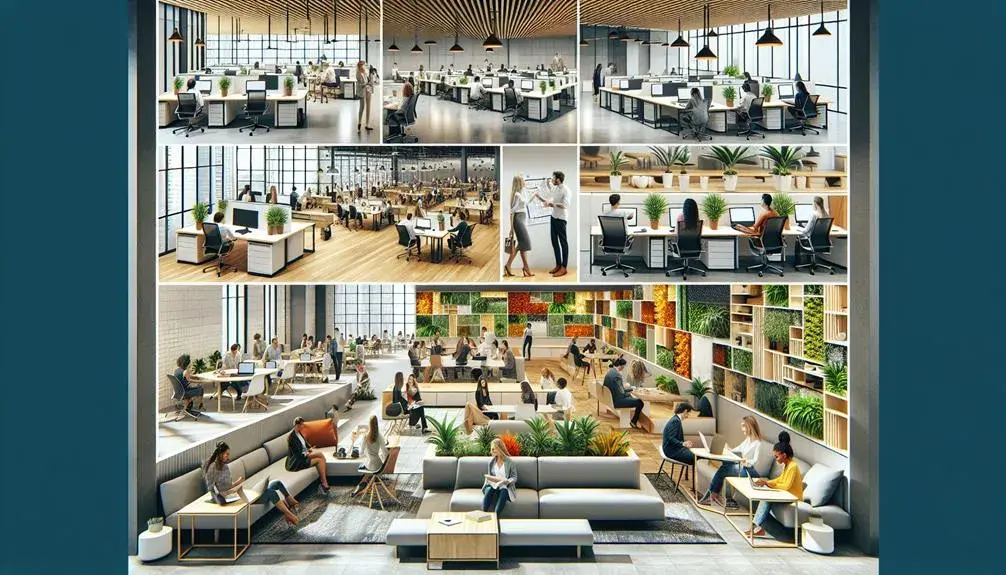In the dynamic landscape of today’s business environment, the concept of coworking spaces has emerged as a viable option for many enterprises, from start-ups to established firms. These shared workspaces offer a range of office types to suit varied business requirements, providing flexibility, promoting collaboration, and fostering a sense of community. This discussion will provide an in-depth exploration of the different types of office spaces available in coworking settings, considering factors such as cost, size, amenities, and location. We will examine how each type can cater to specific business needs and enable optimal productivity. As the choice of workspace can significantly impact your business’s growth, it is crucial to understand the options at your disposal, their benefits, and potential drawbacks.
Understanding Coworking Spaces
Coworking spaces, a modern solution to the changing dynamics of work culture, facilitate shared working environments where individuals or groups can collaborate, network, and grow. These vibrant hubs of productivity and innovation cater to freelancers, startups, and even established companies looking for flexible workspace options. With diverse memberships, they offer a sense of community and provide access to resources not typically available in conventional office settings. These amenities often include high-speed internet, conference rooms, and communal lounges. Furthermore, they offer opportunities for learning through workshops and networking events. Ultimately, coworking spaces foster an environment conducive to creativity and growth, thus, transforming the conventional office experience into one that encourages collaboration and cultivates a sense of belonging.
Types of Office Spaces in Coworking
Building on the concept of coworking spaces, it is essential to understand the various types of office spaces available within these shared environments, each designed to cater to unique business needs and work styles.
– Private Offices: These are enclosed spaces that provide privacy and a controlled environment, ideal for teams that need confidentiality and quiet to perform their duties effectively.
– Dedicated Desks: A dedicated desk in a shared space offers the comfort of having your own workspace without the isolation. It’s perfect for freelancers or small startups seeking a balance between networking opportunities and focus.
– Hot Desks: These are shared workspaces used on a first-come, first-serve basis, offering flexibility and a dynamic environment. They’re suitable for individuals with flexible schedules or those who thrive on change.
Conclusion
In conclusion, coworking spaces offer a myriad of office types catering to diverse business needs. These shared platforms not only facilitate cost efficiency, but also foster a vibrant community fostering innovation, collaboration and productivity. Hence, it is paramount for businesses to carefully evaluate their requirements before choosing a coworking space. The right decision can significantly enhance their operational efficiency and contribute to their overall growth and success.

